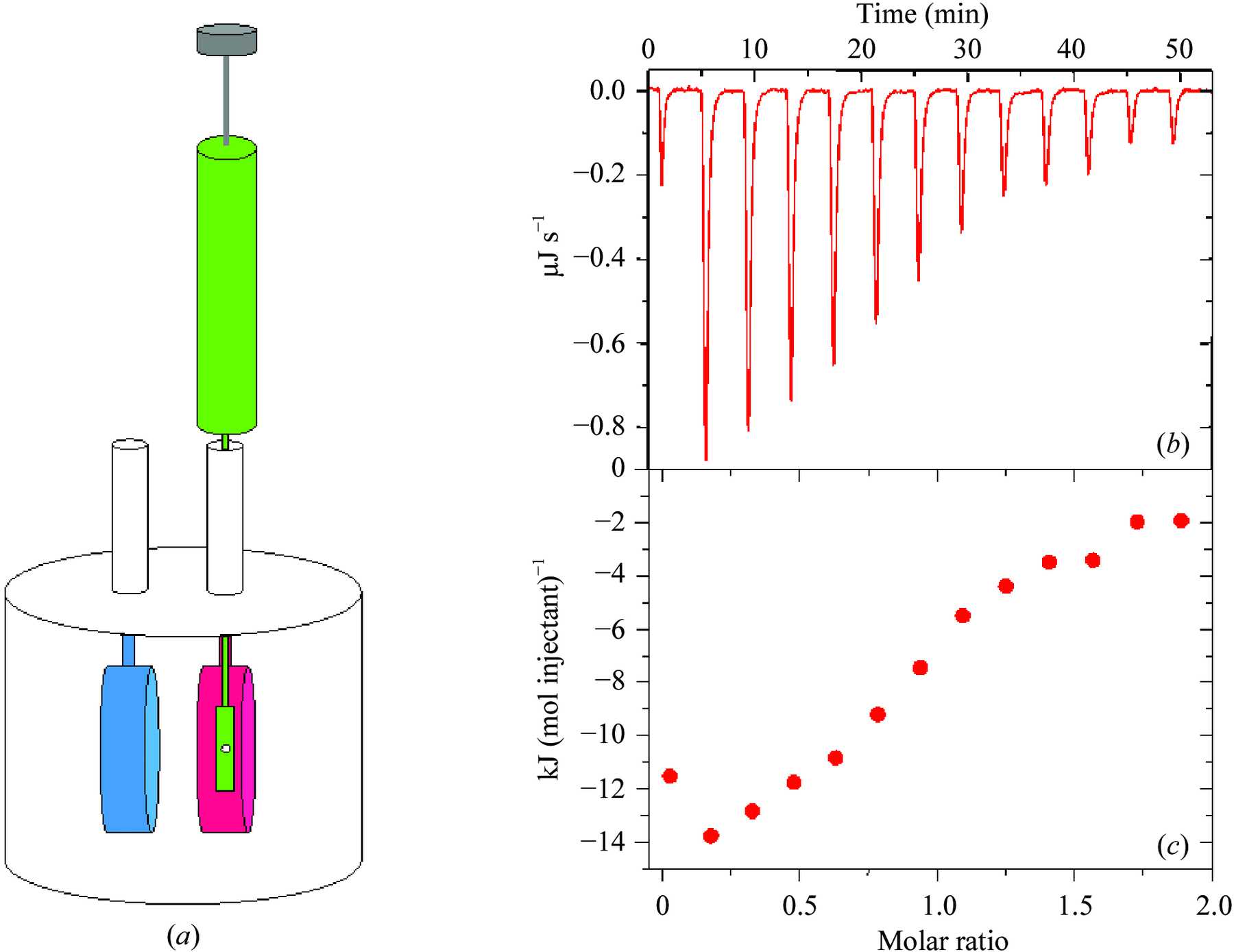Peptide-Antibody Interaction Analysis Service
- Vaccine Development
- Diagnostic Antibody Development
- Autoimmune Disease Mechanism Research
- Therapeutic Antibody Development
Peptide-Antibody Interaction Analysis Service is a technical service that systematically analyzes the binding behavior of antibodies and peptides, aiming to evaluate their binding sites, affinity, specificity and kinetic parameters. This service integrates various biophysical detection and epitope mapping technologies, and is applicable to areas such as linear epitope identification, antibody affinity optimization, vaccine candidate peptide validation, and immunoreactivity specificity studies.
In antibody drug development, vaccine design, and immunological research, peptide-antibody interactions are central to understanding antibody recognition specificity and binding affinity. Antibodies recognize either linear or conformational epitopes on antigens, many of which are composed of short peptide sequences. By systematically analyzing the binding behavior between peptides and antibodies, researchers can define the recognition scope, binding strength, and specificity of antibodies-providing a solid foundation for antibody screening, engineering optimization, and immune response characterization.
Services at MtoZ Biolabs
MtoZ Biolabs offers Peptide-Antibody Interaction Analysis Service to help researchers comprehensively evaluate the recognition and binding characteristics of antibodies toward peptides. This service provides in-depth insights into the molecular mechanisms underlying antibody-peptide interactions and supports downstream antibody screening, functional validation, and target confirmation from both structural and functional perspectives. Our service offerings include, but are not limited to:
Affinity Measurement
Determine the binding constant (Kd) between peptide and antibody to assess binding strength.
Kinetic Analysis
Measure association and dissociation rates (kon and koff) to reveal the stability and dynamic nature of the interaction.
Specificity Assessment and Competition Assays
Compare the binding of the target peptide with structurally similar peptides to evaluate the risk of nonspecific interactions.
Epitope Mapping
Identify linear or conformational epitopes recognized by the antibody using peptide array scanning and site-directed mutagenesis.
Thermodynamic Analysis
Use isothermal titration calorimetry (ITC) to measure heat absorption or release during binding, providing thermodynamic parameters that reveal energy changes involved in peptide-antibody interactions.

Ladbury JE. Acta Crystallogr D Biol Crystallogr. 2007.
Figure 1. Example graph of isothermal titration calorimeter.
Service Advantages
1. Advanced Analysis Platform: MtoZ Biolabs established an advanced Peptide-Antibody Interaction Analysis Service platform, guaranteeing reliable, fast, and highly accurate analysis service.
2. One-Time-Charge: Our pricing is transparent, no hidden fees or additional costs.
3. Support for Customized Research Design: Provides one-stop, tailor-made services covering peptide design, antibody production, and interaction analysis, flexibly adapted to different experimental goals and application needs.
4. Expert Data Analysis and Technical Support: Backed by an experienced technical team, we deliver comprehensive experimental reports and interpretive analyses to support further mechanistic studies and translational applications.
Sample Submission Suggestions
Sample Types: Compatible with various types of antibodies and peptides.
Storage and Shipping: Antibody samples should be stored in low-salt buffer without inhibitors such as glycerol or sodium azide. Storage at –20 °C or –80 °C is recommended, and samples should be shipped on dry ice to preserve activity. Peptide samples are best stored in lyophilized form under sealed conditions and transported protected from light.
Additional Notes: We recommend contacting us prior to sample submission to obtain detailed and tailored sample preparation guidelines.
Applications
Application areas of Peptide-Antibody Interaction Analysis Service:
Identify key epitopes within viral or bacterial antigens to screen for peptides recognized by protective antibodies, supporting the design of peptide-based vaccines or adjuvant-enhanced immunogens.
Characterize antibody-binding regions using peptides to evaluate specificity and sensitivity, and optimize the quality of antibodies used in clinical diagnostic reagents such as ELISA kits and rapid test strips.
Analyze interactions between patient-derived autoantibodies and specific self-peptides to uncover abnormal epitope recognition, providing insight into disease etiology and biomarker discovery.
During early-stage antibody drug discovery, use peptide screening to rapidly identify binding regions and support structure-based optimization and affinity engineering of therapeutic antibodies.
Related Services
Protein Interaction Analysis Service
How to order?







